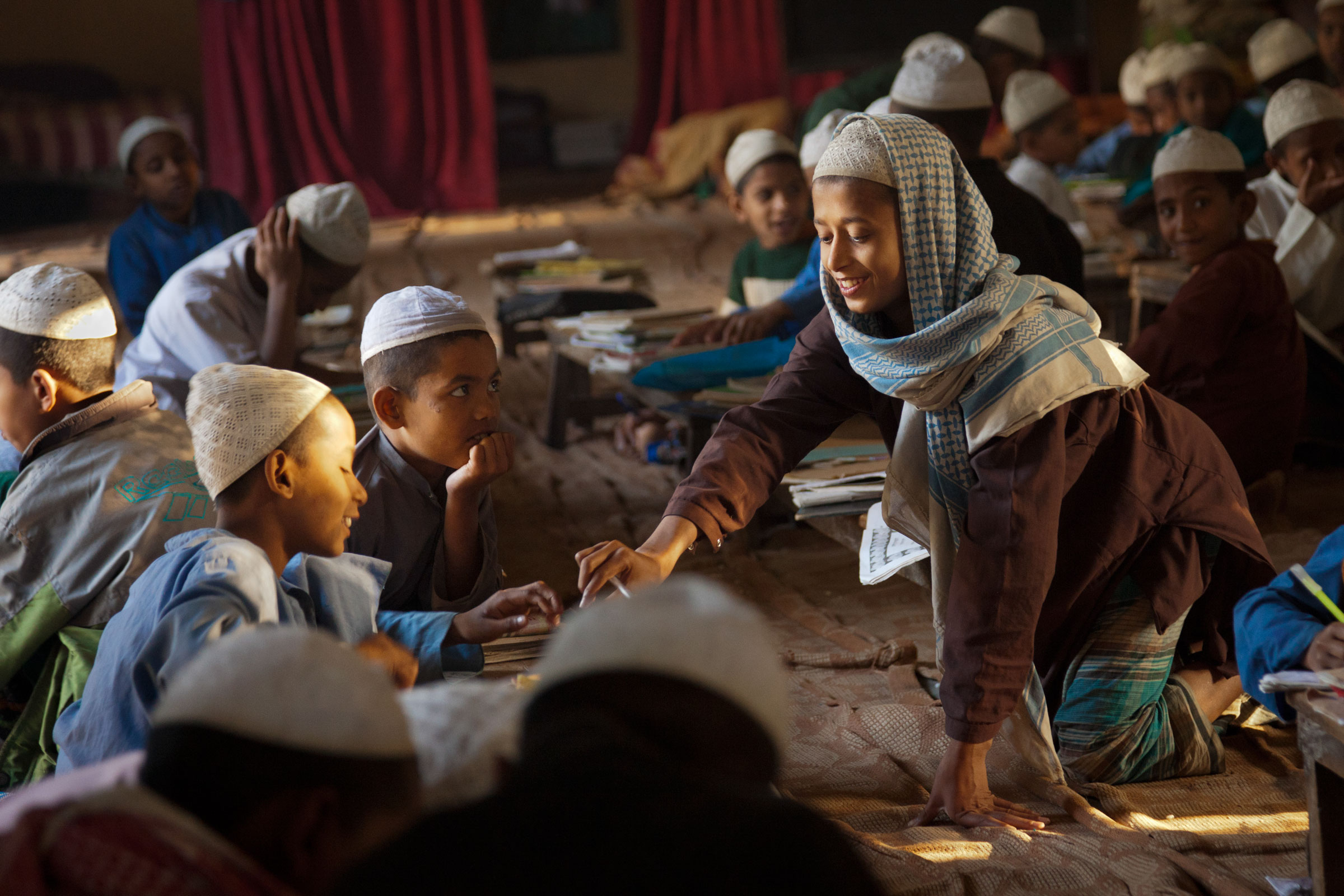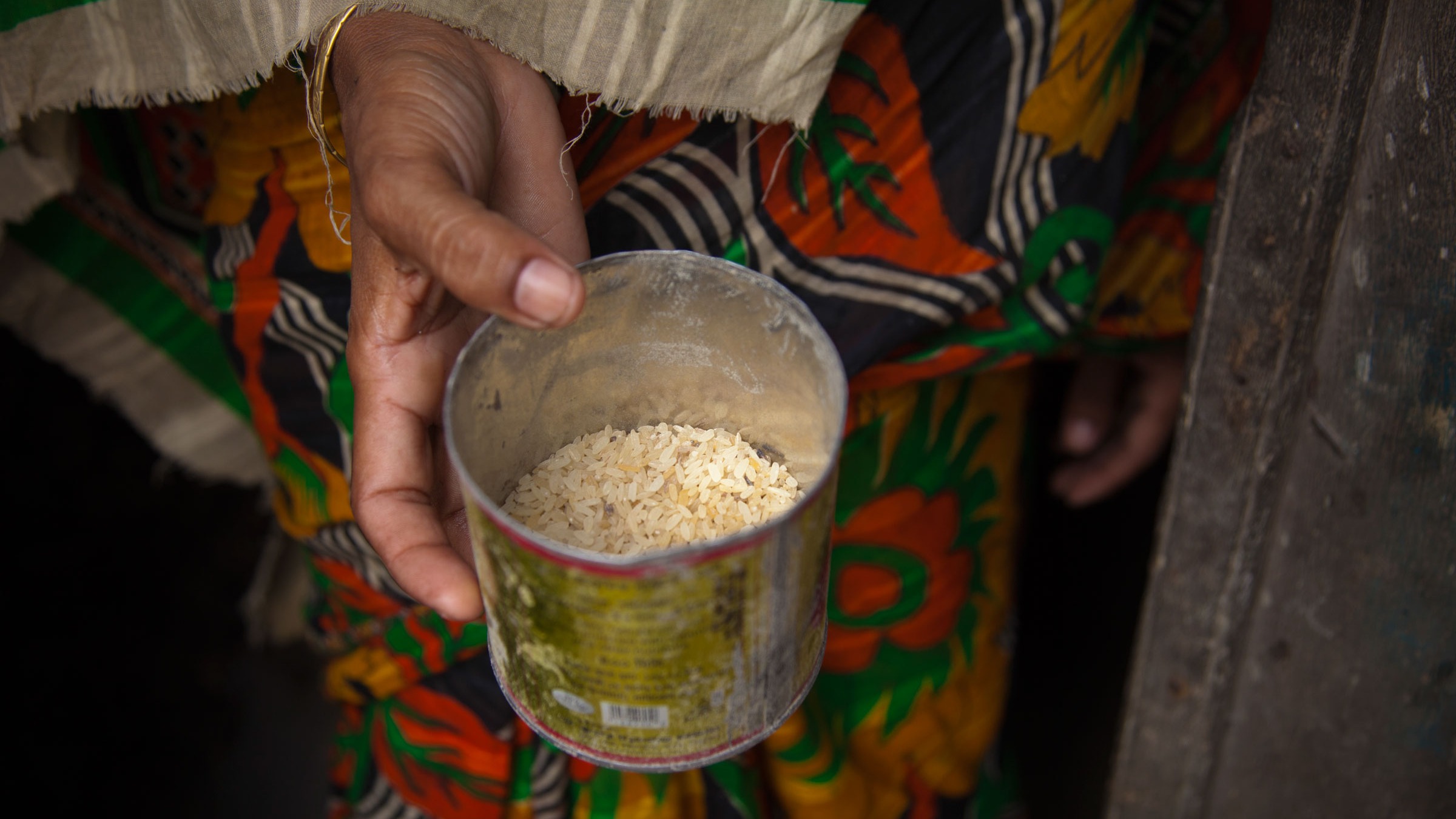On the other hand, the Alia supporters claim the Qaumi madrasas are the breeding ground of the fundamentalists. This negative mindset caused a lot of trouble for a good number of religious people in 2006. That was the year when alleged Islamic fanatics bombed at 400 different places in one day, creating a nationwide panic and pandemonium that led the government to take some strict measures regarding religious fanatics.
That bombing event became the background of a feature film by a reputed film maker Tareq Masud (1956-2011). The film titled Runway tells the story of a madrasa student Ruhul. After some failed attempt to get a job, Ruhul becomes influenced by a fanatic who preaches him about jihad and Islamic revolution. But seeing the brutality of the bombing, Ruhul retreats and joins the mainstream population, who are against fanatics.
Tareq, himself being a former madrasa student felt the necessity of showing the film to rural areas of the country. He decided not to release the film in town theatres and went to different places, on his own accord, to do the shows of the movie with his laptop, projector and portable sound systems.
On such a movie show trip Tareq took me with him to Mymensing, a town 130 kilometers north of Dhaka. After a hugely successful show, on the way back to Dhaka, Tareq told me, "You see, this time we did the show in a university campus outside Dhaka. Well, this is not bad, but we need to go to places that are yet to reach. University students already have the money and access to movies. We need to make those aware about fanaticism that are still beyond our rich - both in terms of distance and in terms of financial capacity. The university students already know the theme of the movie; it's of no use trying to convert those who are already converted. We need to reach the boys like Ruhul in the movie, who are vulnerable."
I got a chance to meet Nurullah, a young boy who at the age of 12 became a Hafiz-e-Quran.
Nurullah's day starts even before dawn. The same rule applies for about 250 students at the madrasa throughout the year. He prepares himself by taking an ablution with the pond water beside madrasa and then joins Fazr salat or the Morning Prayer. After that the students take a short nap and wake up by 7 in the morning.
The breakfast is usually Muri, or biscuits. After that, the students start reading under supervision of teachers.
After a brief break at 11 in the morning, they resume their study till its time for the prayer at noon and lunch. After the prayer Nurullah goes to a village home where he has his lunch and in a food carrier brings the food to eat as dinner at night. Every single resident student of the madrasa is attached with a village family that extends the food support for the students.
After the lunch Nurullah takes a day time nap like most of the students of the dorm. Just before evening students enjoy some outdoor sports like football and cricket. Before and after the sports there are two more prayers. And finally after evening study Nurullah, with other students have their dinner and then the night prayer indicates one more day in the path of Allah is spent properly.
In Brahmanbaria, one day after the fund raising mehfil I ask Nurullah, if he had the chance to see the movie, Runway. He replies negatively- "the teacher says, television and cinema are not allowed in Islam". I, then, ask him about his future plans and desired professions. He says he wants to serve Islam. I rephrase the question and ask whether he has any specific plan for earning and living a financially solvent life. He says - "You know, there is someone up there and He takes care of everything. I do not have to worry about all these things"
Dhaka, Bangladesh | 11 January 2012


